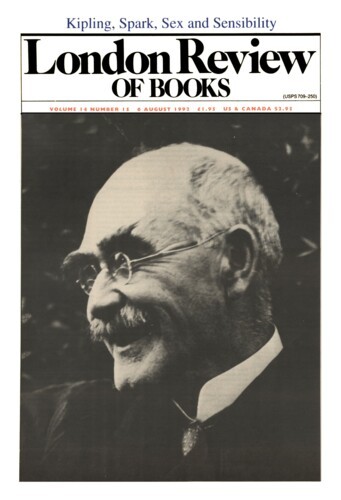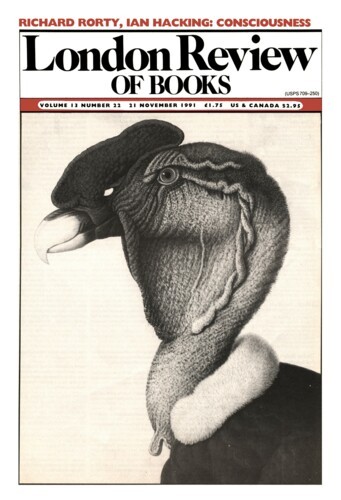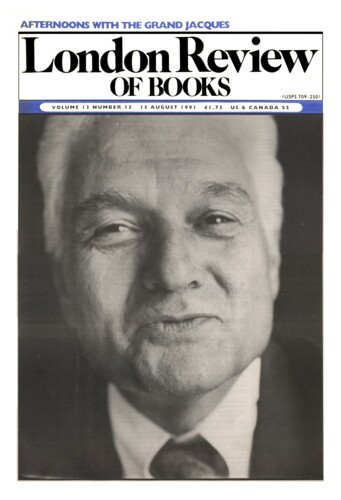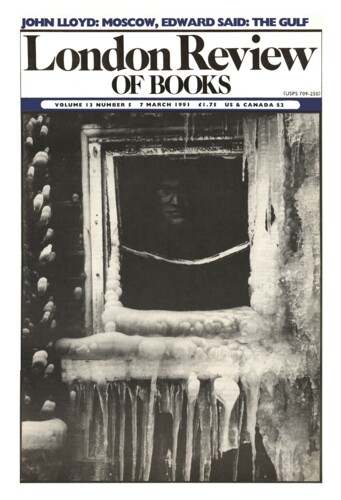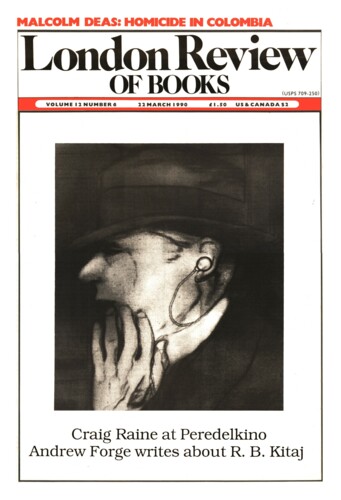Diary: Closing Time at the Last Chance Saloon
Ian Aitken, 6 August 1992
With that perceptive but strangely innocent eye which has served him so well as a columnist, Sir Peregrine Worsthorne recently expressed shock and astonishment that an editor of the London Evening Standard had turned down the editorship of the Times in favour of succeeding Sir David English at the Daily Mail. As a boy, wrote Sir Perry, he had wanted to be editor of the Times more than anything in the world. So when Mr Paul Dacre picked Rothermere’s Daily Mail in preference to Rupert Murdoch’s Times, Worsthorne’s first reaction was that it was like choosing to be King of Ruritania instead of King of England.
